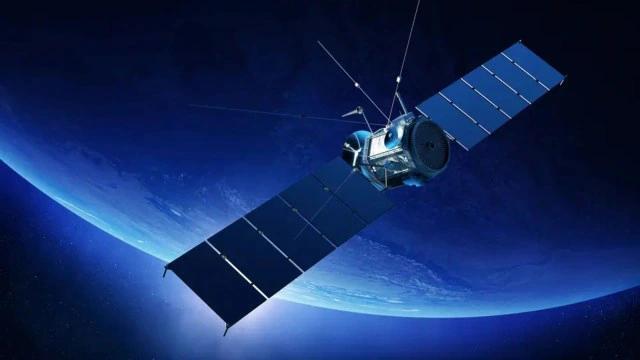
ISRO to Launch 3 Navigation Satellites by 2026
The Indian Space Research Organisation (ISRO) is set to launch three new navigation satellites by 2026 to enhance the Indian Regional Navigation Satellite System (IRNSS). The announcement was made by Union Minister of State for Space, Dr Jitendra Singh, in Parliament. According to the minister, the new satellites will be launched in a phased manner, with the first one, NVS-03, scheduled to lift off by the end of the year. The subsequent satellites, NVS-04 and NVS-05, will follow every six months.
The IRNSS, also known as NavIC, is a constellation of seven satellites designed to provide navigation services over India and a surrounding region of 1,500 km. Currently, only four out of the seven satellites are operational, which has raised concerns about the system’s reliability and accuracy.
The IRNSS was launched in 2013 with the aim of providing a domestic navigation solution for India. The system is designed to provide accurate position information, velocity, and time to users in the region. However, the system has faced several challenges, including the loss of one of its operational satellites in 2017 due to a technical malfunction.
The launch of the new satellites is expected to enhance the overall performance and reliability of the IRNSS. The new satellites will be equipped with advanced navigation payloads and will have a longer lifespan than the existing satellites. The improved system will not only provide better navigation services to Indian users but also enhance the country’s dependence on foreign satellite systems.
The IRNSS has several applications, including aviation, maritime, and land-based navigation. The system is also used for various government services, such as disaster management and emergency response. The improved system will provide more accurate and reliable navigation services, which will be critical for various sectors, including transportation, logistics, and emergency services.
The launch of the new satellites is also expected to boost India’s space industry and contribute to the country’s growth. The Indian space program has made significant strides in recent years, with the country successfully launching several satellites and spacecraft, including the Chandrayaan-1 lunar mission and the Mangalyaan Mars orbiter.
The IRNSS is not the only navigation system developed by ISRO. The organisation is also working on a new navigation system, known as the Next Generation Navigation System (NGNS). The NGNS is expected to provide more accurate and reliable navigation services than the IRNSS and will be designed to provide navigation services over a larger region, including the Indian Ocean and Southeast Asia.
The launch of the new satellites is a significant step forward for India’s space program and will contribute to the country’s growing reputation as a major player in the global space industry. The improved IRNSS will provide more accurate and reliable navigation services, which will have a significant impact on various sectors, including transportation, logistics, and emergency services.
In conclusion, the launch of three new navigation satellites by ISRO is a significant step forward for India’s space program. The improved IRNSS will provide more accurate and reliable navigation services, which will have a significant impact on various sectors, including transportation, logistics, and emergency services. The launch of the new satellites is also expected to boost India’s space industry and contribute to the country’s growth.






